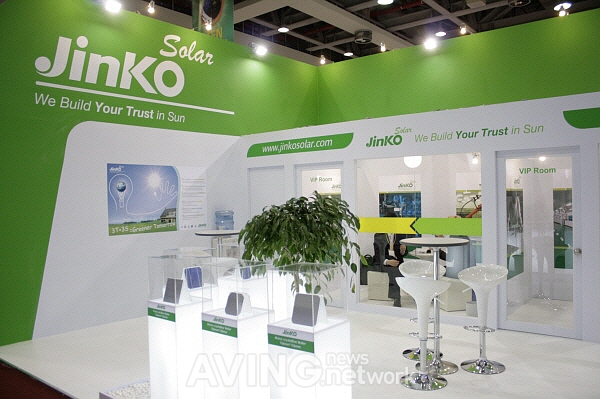JinkoSolar has entered into a five-year RMB3 billion ($479 million) financing agreement with China Minsheng Banking Corp (CMBC).
According to the agreement, CMBC will provide this financial aid to develop downstream solar projects and manufacturing capabilities for JinkoSolar.
CMBC’S financial services will include project finance, merger and acquisition finance, supply chain finance, bridge loans, letters of guarantee and related trade finance.
In addition, the agreement will also cover working capital finance and foreign currency cash pool management for JinkoSolar’s domestic and overseas subsidiaries.This will help the company to optimize its debt structure and reduce financial costs.
Recently, Zhejiang JinkoSolar has entered into a US$90 million working capital loan agreement with China Development Bank (CDB).
ALSO READ JinkoSolar to supply salt and mist resistant solar modules for Japan project
According to the terms of the agreements, CDB will provide one-year working capital loan totaling US$90 million which will be used to support the Company’s daily operations. The first installment of US$50 million has already been transferred to Zhejiang JinkoSolar.
In another development, JinkoSolar announced that it will provide 2 MW of smart modules to IDEC for a ground mounted solar PV project in Nishinomiya, Hyogo Prefecture, Japan.
The project, which will comprise of 7,644 JinkoSolar polycrystalline smart modules equipped with TIGO Optimizer smart component, is currently the largest PV project equipped with all smart modules in Japan.
By December 2014, JinkoSolar achieved a 306.9W output from one of its Eagle+ PV modules. The company used various advanced materials to achieve the power output.
One of JinkoSolar’s 60-cell Eagle+ modules achieved a power output significantly above 300W.
JinkoSolar has employed DuPont’s Solarmet metallization paste and Tedlar polyvinyl fluoride back sheets in the Eagle+ modules. In addition, it has deployed new cell technology that reduces c-Si defects.
According to JinkoSolar, the Eagle+ modules are resistant to potential induced degradation (PID) effects at 85C and exhibit 85 percent relative humidity for 1,000 hours.
Sabeena Wahid
editor@greentechlead.com

